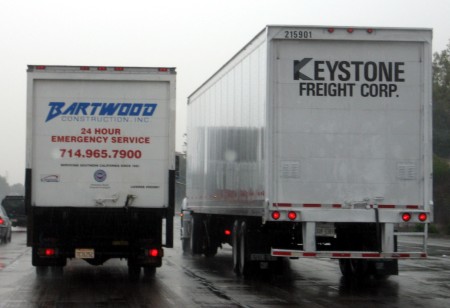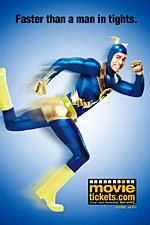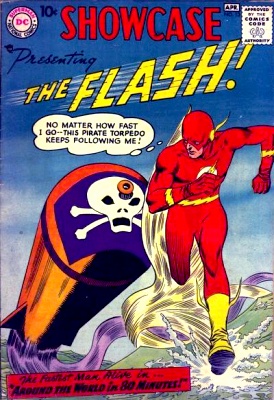Well, I jumped into the fray of the Comic-Con International hotel reservation system and made it across to the other side, getting through by phone after 1 hour and 20 minutes. I never did make it past the “waiting room” page online.
The weird thing about the phone reservation system is that I don’t actually know which hotel we’ve gotten yet. They took my name, contact info and top 3+ choices (I gave them 5), then handed the info to their processing center. They’ll call back (later, I assume, after the rush is over) to let me know which hotel I got. I do have a backup that I reserved directly, but the convention discount is significant, especially when you add up four days.
It was interesting watching commentary streaming by on Twitter (search for “comiccon,” “comic-con” or “comicon”) as people started out commenting, then complaining, and eventually celebrating (after about an hour) when they finally got through. Or really letting loose when the system dropped them.
Update: A reporter interviewed me about the Comic-Con hotel reservation experience. Update (3/20): Here’s the article at the Union-Tribune. I’m not quoted.
Update: I got an email confirming our reservation. It’s farther out than the backup, but it’s ~$100 cheaper (over the course of 4 days – possibly more, depending on how much the other hotel charges for internet access) and there’s a shuttle. Now to weigh ~$100 vs. walking distance and figure out which room to keep and which to free up for someone else who needs one.
![The Flash (Barry Allen) from his first appearance in Showcase #4, 1956 [Picture of the Flash (Barry Allen) from Showcase #4]](https://hyperborea.org/journal/wp-content/uploads/2008/05/barry1.png)


